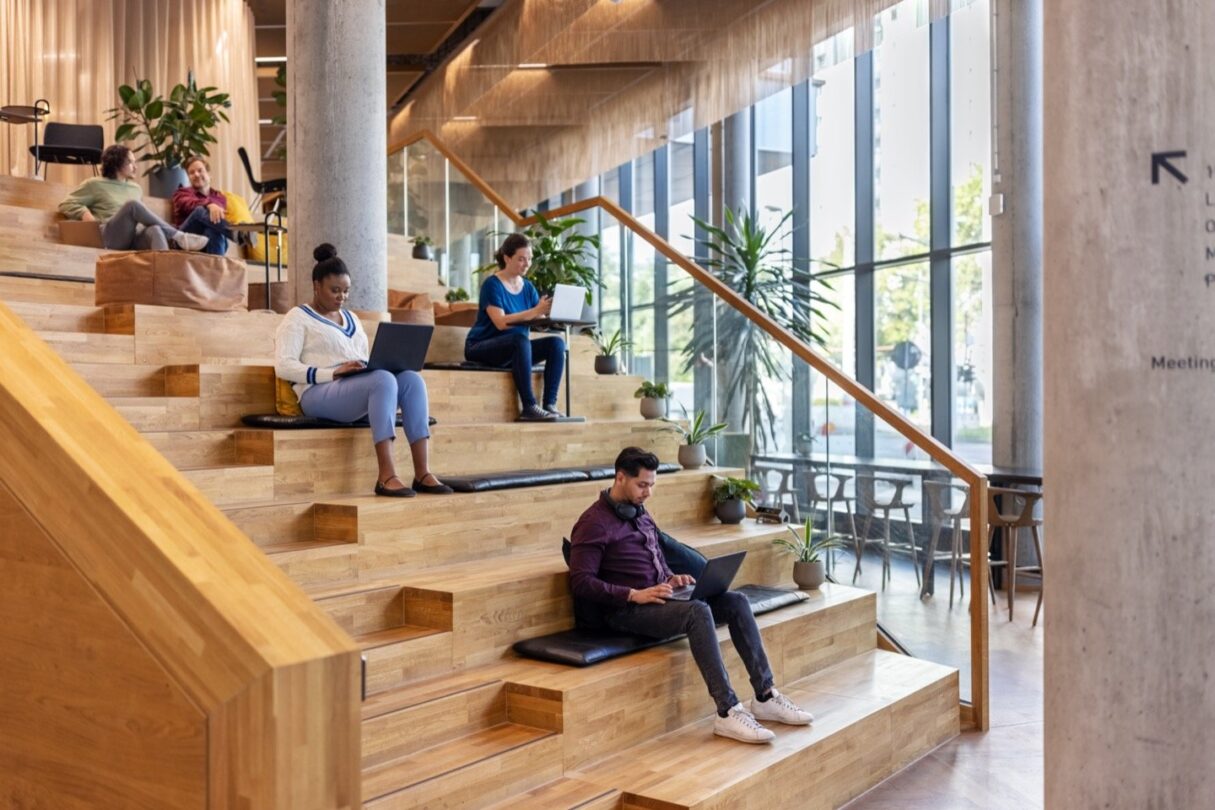5 tips for becoming a tech-savvy accountant
During product demos in firms across the country, we hear a common refrain: “That’s great, but my clients won’t use it.” Whether we’re talking about client portals, digital signatures or electronic delivery of tax returns and financial statements, a few professionals continue to use client aversion to technology as an excuse to stay firmly rooted […]

During product demos in firms across the country, we hear a common refrain: “That’s great, but my clients won’t use it.” Whether we’re talking about client portals, digital signatures or electronic delivery of tax returns and financial statements, a few professionals continue to use client aversion to technology as an excuse to stay firmly rooted in the status quo.
When we hear “My clients won’t use that” or client pushback, we ask more questions. How does the firm roll out new technology to clients? What are clients’ specific concerns? Usually, we find out that it’s not an issue of clients refusing to try new technology. The problem is the firm hasn’t done a good job of selling the internal team on why the change will be better for the firm and its clients. The truth is there is a rising comfort level with technology among most people – your clients included.
In the 2020 Practice of Now (PoN) survey, 91% of accountants believe technology delivers value to their business, and 58% said technology had improved efficiency and productivity – vital for creating space for the additional service offerings clients demand. The survey findings further suggest that accountants recognise that clients expect the latest technologies to be utilised to unlock business potential and model new revenue streams.
If your clients own smartphones, make purchases on mobile devices and use a mobile phone for banking, are they really not tech-savvy enough to use cloud-accounting software and record expenses with a mobile app? Or is the real issue that it’s easier for firms to stick with the way things have always been done because change is difficult?
Clients increasingly expect tech-savvy experiences. Are you up to the task? If not, here are five tips for getting there.
Invest the time
In the short term, it’s undoubtedly quicker to do things the way you’ve always done them. Whether that involves manually entering a trial balance or collecting a box of receipts from your client at year-end. But short-term thinking is short-sighted. Time invested in learning new technologies will more than make up for itself in the mid-and long-term.
Prioritise the client experience
Remember utilising technology to make our lives easier isn’t just about our own ease. It’s about providing ease of use for your clients. When you are actively bringing solutions to your clients that make their lives and work more manageable, it sends a strong message to clients that your firm is not becoming stale or oblivious to the technological innovations happening all around. You’re adopting new tech and new processes to make the client experience easier and more enjoyable.
Ask for help
If you personally struggle with adopting new technologies, it’s ok to admit where you have challenges. Reach out to the people on your team who are tech-savvy and have them help you along the path. FYI: that doesn’t necessarily mean turning to the “younger” people on your team. Age is not the sole determinant of comfort with emerging tech.
Partner with solution providers
Think of your vendors as partners in this transition rather than simply a party to a transaction. If you partner with them, they’ll help you with rollout, onboarding and change management in your firm and your client base.
Start small
Still convinced your clients won’t use new technologies? Give it a try. Start small with a few more forgiving and easier clients. Getting a few short-term wins under your belt will help you gain confidence and provide tangible evidence of the validity of the change vision.
White paper: Small businesses and accountants are ready to try again
We surveyed 1,947 South African small businesses – the majority of which offer accounting and bookkeeping services – to find out how they’re coping in the new world of work. We were curious to know what they’re doing to strengthen their defences against the next disruption and how optimistic they are about the future – and we were pleasantly surprised.






